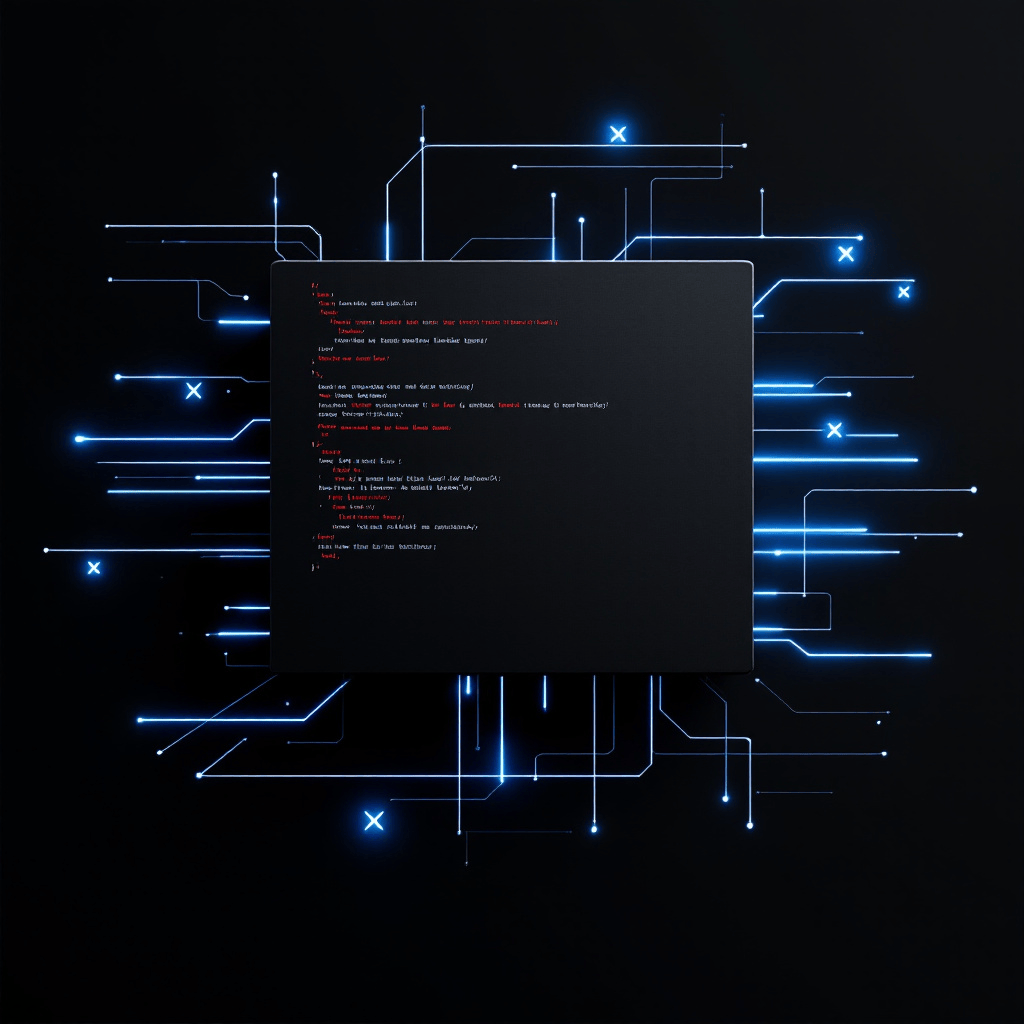
A statement in PHP is a single line of code that performs a specific action or task. It can include variables, functions, operators, and control structures, and is executed sequentially by the PHP interpreter. Statements are foundational elements in PHP programming, allowing developers to manipulate data, control program flow, and produce output. Every statement in PHP typically ends with a semicolon, marking the end of that line of code.
Understood. Please provide the question.
PHP is a server-side scripting language designed specifically for web development. It is used to create dynamic web pages, handle form data, manage sessions, and interact with databases. PHP code is embedded within HTML and is executed on the server to generate content that is sent to the client's browser, making it a powerful tool for building interactive and data-driven websites.
Some of the best resources for learning PHP as a beginner include: - PHP.net official documentation - W3Schools PHP tutorial - Codecademy PHP course - Udemy PHP courses - freeCodeCamp PHP tutorials - Laracasts for PHP and Laravel - PHP: The Right Way website - YouTube tutorials on PHP programming - Books like "PHP and MySQL Web Development" by Luke Welling and Laura Thomson - Online forums or communities like Stack Overflow for questions and support
1. Validate and Sanitize User Input 2. Use Prepared Statements and Parameterized Queries 3. Implement Proper Authentication and Authorization 4. Use HTTPS 5. Keep PHP and Its Extensions Updated 6. Configure php.ini Securely 7. Limit Error Display 8. Use Secure Session Management 9. Implement Content Security Policy (CSP) 10. Regularly Review and Test Code for Vulnerabilities